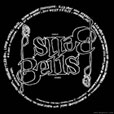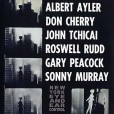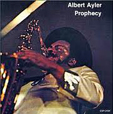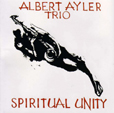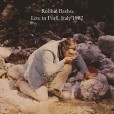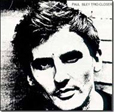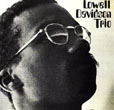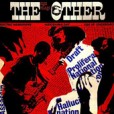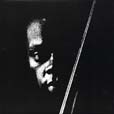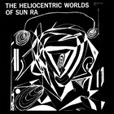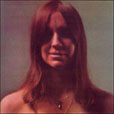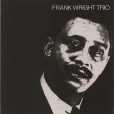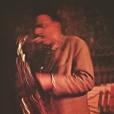Your basket is empty

Gale-force masterpiece.
Recorded live with Sonny Murray and Gary Peacock in 1964 — just a month before the Spiritual Unity session — already veering so intensely and steeply way outwards from core, morphemic scraps of tunes like Ghosts and Spirits.
‘I want to play songs like I used to sing when I was real small.’
This fiftieth anniversary CD includes as a bonus the track briefly substituted for Spirits on an early vinyl edition. It is the same tune known as Vibrations on the album of that title on Arista/Freedom (aka Ghosts when issued on Debut) and as ‘[tune Q]2’ on the Revenant box set Holy Ghost.
Ornette brought the pianist to ESP in 1965.
With Milford Graves and Gary Peacock.
An anti-war collage of words and sounds from August 6, 1966, including contributions from a plastic clock-radio, The Velvet Underground, Gerard Malanga, Marion Brown, Allen Ginsberg, Ishmael Reed, Andy Warhol (standing around silently) and Ed Sanders.
A 1965 trio led by Ayler’s great bassist, with drummer Tom Price, and an early opportunity to hear the under-appreciated clarinettist Perry Robinson in full flight.
With different lineups in 1966, including pianists Ran Blake, Burton Greene and Dave Burrell; and Giuseppi Logan.
His 1966 debut (with Henry Grimes on bass), after ESP founder Bernard Stollman saw him play as John Coltrane’s guest at the Village Vanguard.
Clifford Allen commented in All About Jazz: ‘Wright was one of the forerunners of the multiphonics-driven school of saxophonists to follow the direction pointed by Ayler, but with a more pronounced bar-walking influence than most of his contemporaries. Whereas Ayler’s high-pitched wails, wide vibrato and guttural honks all belied an R&B pedigree, his solos still contained the breakneck tempos and facility of bebop… Wright, on the other hand, offers his honks and squawks with a phraseology derived from the slower, earthier funk of R&B and gospel music… The opening The Earth starts with a brief vibrato-heavy and bluesy slow theme on unaccompanied tenor that quickly erupts into a frantic screamer of a solo, a mix of buzzing upper-register cries and low bleating honks, occasional recognizable stock R&B phrases making their way into the melange… Unlike Ayler, there is not a significant amount of solo construction, for it appears Wright was throwing together ideas in a spirit of jubilation.’
His second ESP, one year after the Trio date, offering ‘passionate explorations of four of his originals, plus Jones’ The Lady. Rather intense at times, these emotional performances still sound groundbreaking three decades later. One of Frank Wright’s finest recordings’ (AllMusic).
Intriguing quartet, with Jacques Coursil and FW’s Cleveland homie Arthur Jones — two BYG mainstays in the making — and bassist Steve Tintweiss and Muhammad Ali both on fire.

